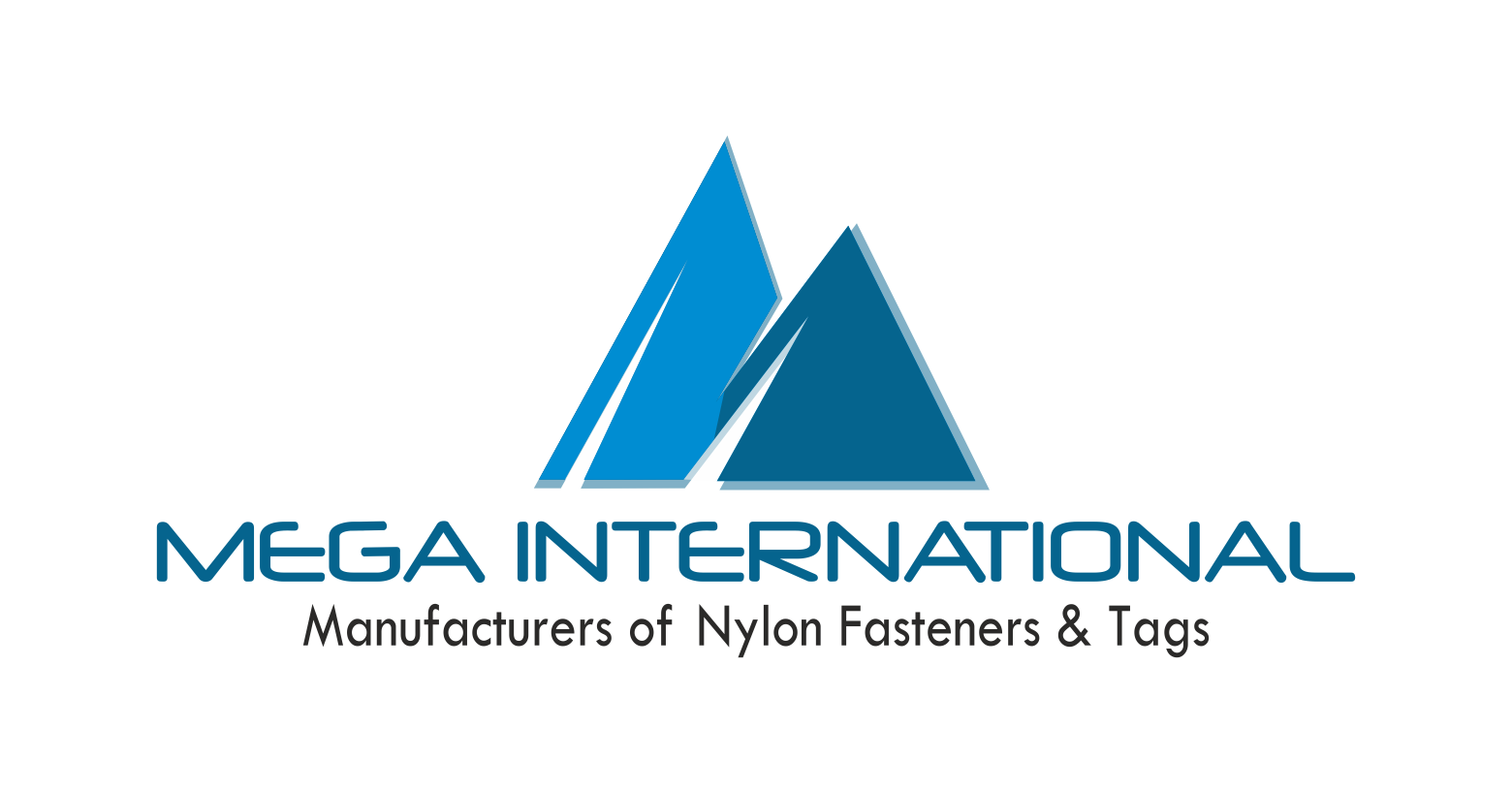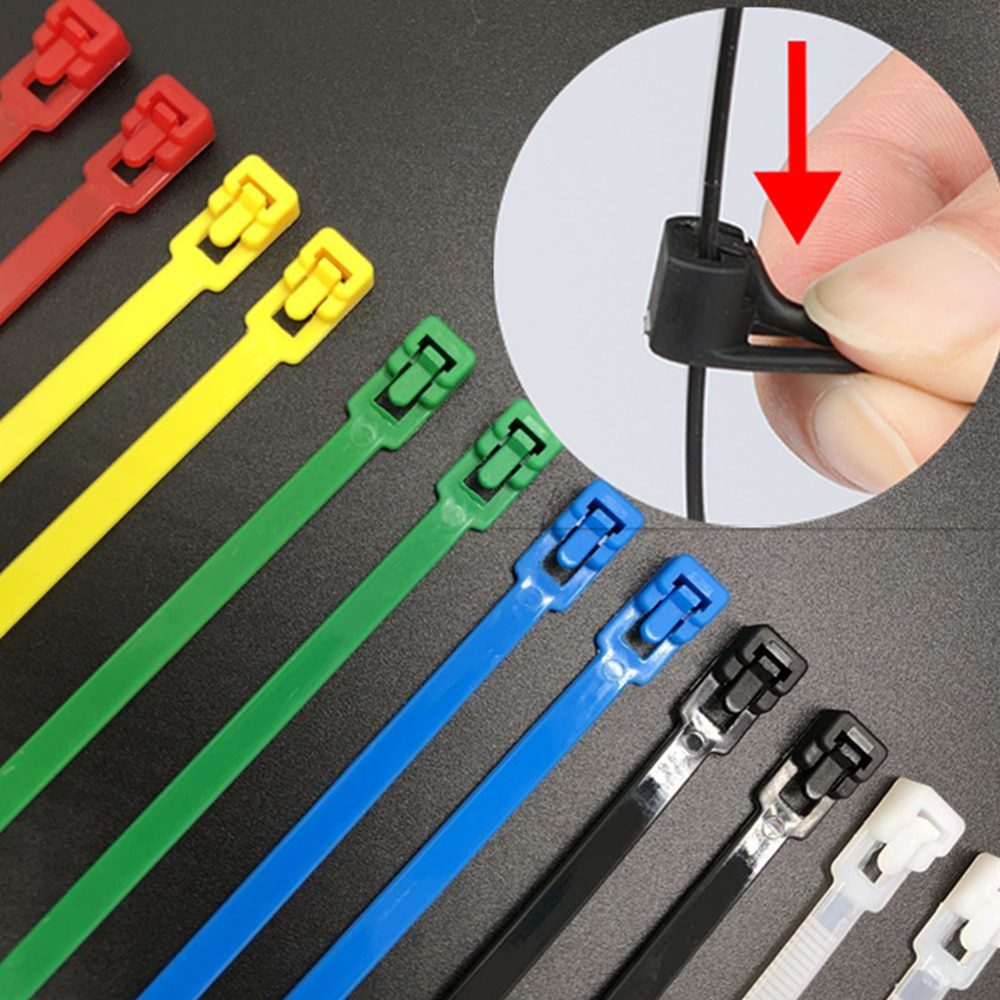Address
Survey No. 168/12, Magadi Main Road, Machohalli, Bengaluru - 560091
Work Hours
Monday to Friday: 9AM - 7PM
Weekend: 10AM - 5PM
Address
Survey No. 168/12, Magadi Main Road, Machohalli, Bengaluru - 560091
Work Hours
Monday to Friday: 9AM - 7PM
Weekend: 10AM - 5PM

Cable ties are helpful for wire managing, fixing, and fastening other items. Durability and performance are highly dependent on the material to be selected. It is only when you understand all the various choices that you make the right decision to get the right ties. Consult a trusted cable tie supplier for expert advice.

This material content of a cable tie defines its tensile strength, flexibility, and suitability to withstand environmental conditions. There is always a need to match the properties of one application to another. Appropriate material is very important when it comes to cable management, whether the cables are inside a house or out in the open air.
These are the types of cable ties:

Self-locking, stainless steel cable ties are ideal for areas with extreme conditions. They withstand high and low temperatures, chemical makeup, and ultraviolet rays. These ties are suitable for extended use in construction sites or marine fields.
Tefzel cables are resistant to chemicals and are also self-extinguishing. They are commonly found in uses that demand low degrees of risk. The Tefzel ties perform well in severe environments and are recommended for electrical applications.
Polypropylene cable ties are chemical and moisture proof. They are normally used in laboratories or any place where the possibility of contact with corrosive material exists.
Nylon ties are offered for outdoor applications since the products are UV resistant. They do not fade when exposed to light for a long time. These ties are excellent for binding outdoor cables and wires.

Criteria that can be used in selecting a cable tie
Choose one material that meets the requirements, depending on the temperature, chemical agent, or other factors.
See how much weight needs to be supported by the cable tie. Stainless steel is the strongest of the three materials because of its durability and corrosion resistance.
When using the ties outside, it is advisable to use UV-resistant or stainless steel ties because they will be affected by wear and tear.
High-risk areas, such as those with flame-retardant or chemical-resistant ties, should be worn for safety-sensitive operations.
A trusted cable tie supplier can help you find the best material. Suppliers give choices of different types and always ensure that the right one for a given application is supplied. Select a supplier that offers quality products and, more importantly, highly rated customer service.

The reliability and durability of cable ties in the field depend on the quality of the material used to manufacture them. They should consider the environment they are to be used in, the strength needed, and the durability of the material. Work with a reputable cable tie supplier to find the perfect solution. The right material for cable ties will make it easy for you to meet your needs and realize enhanced performance.